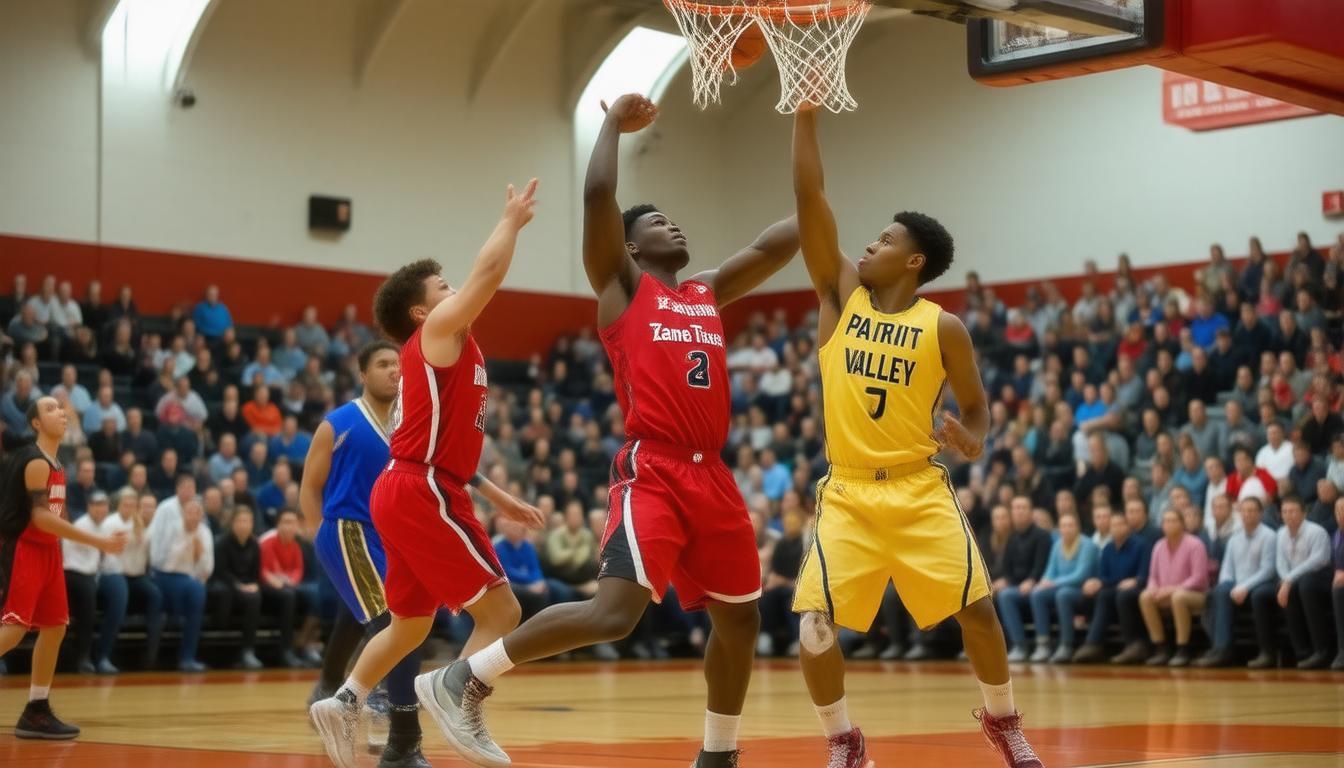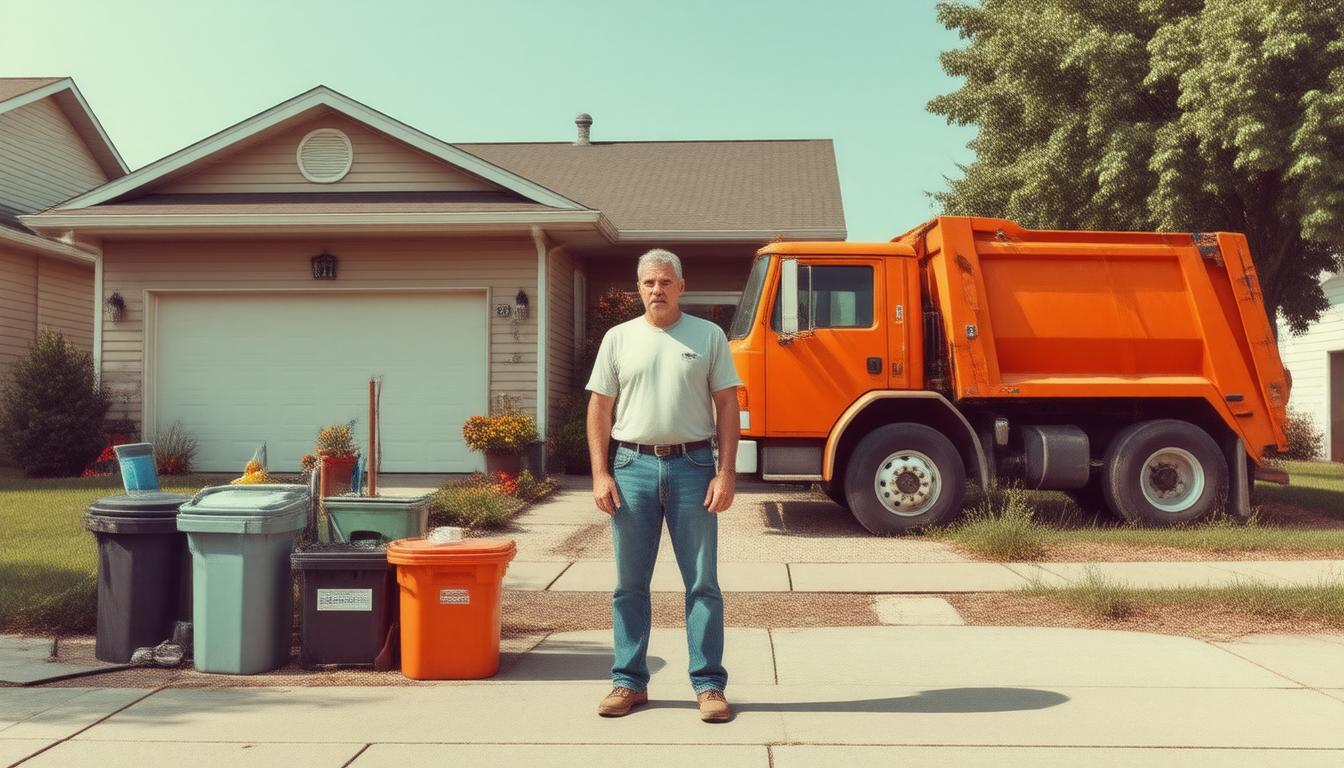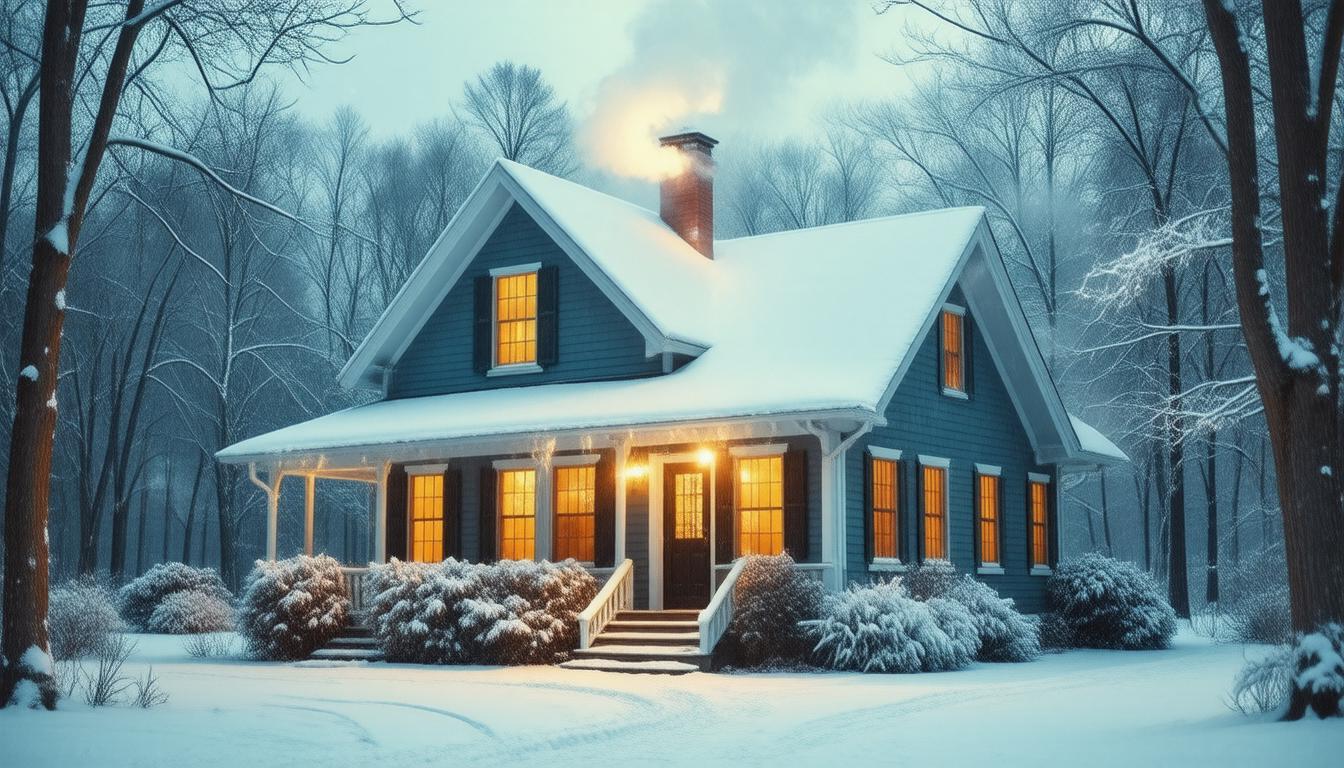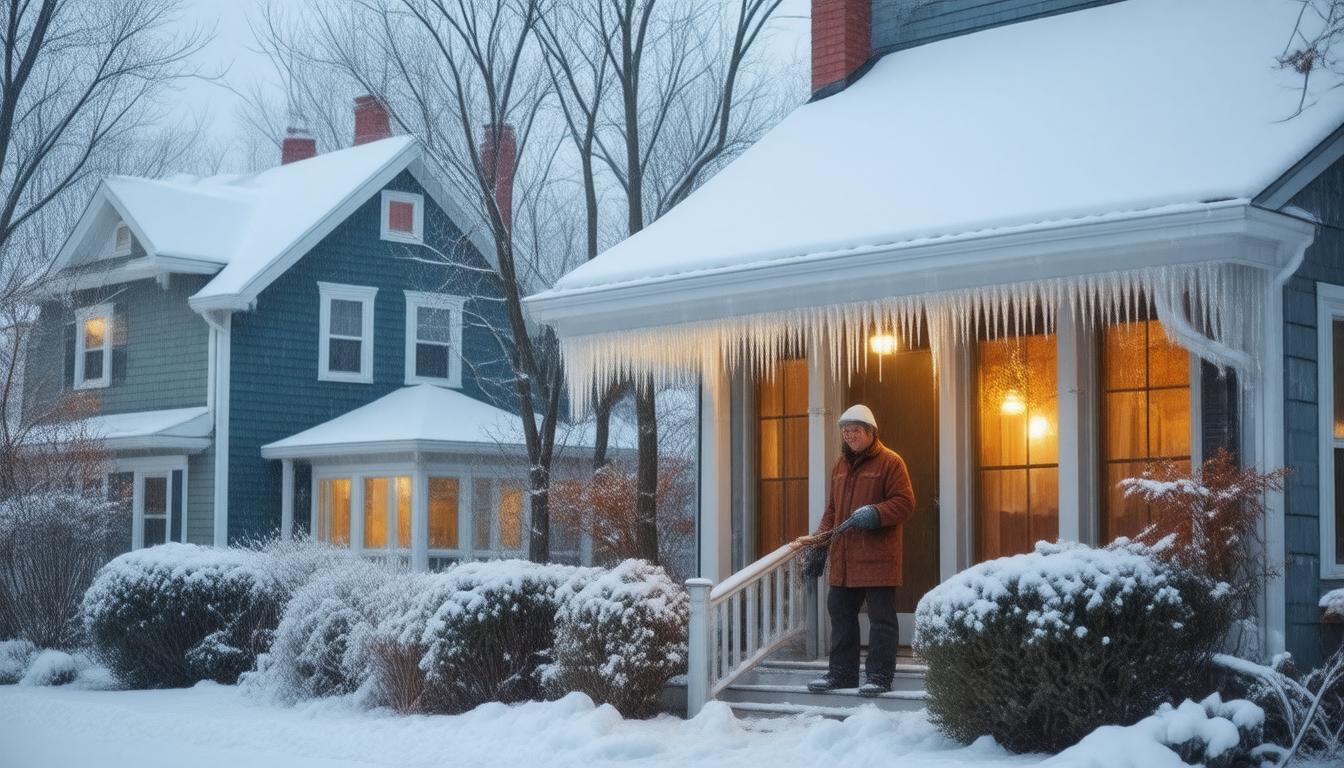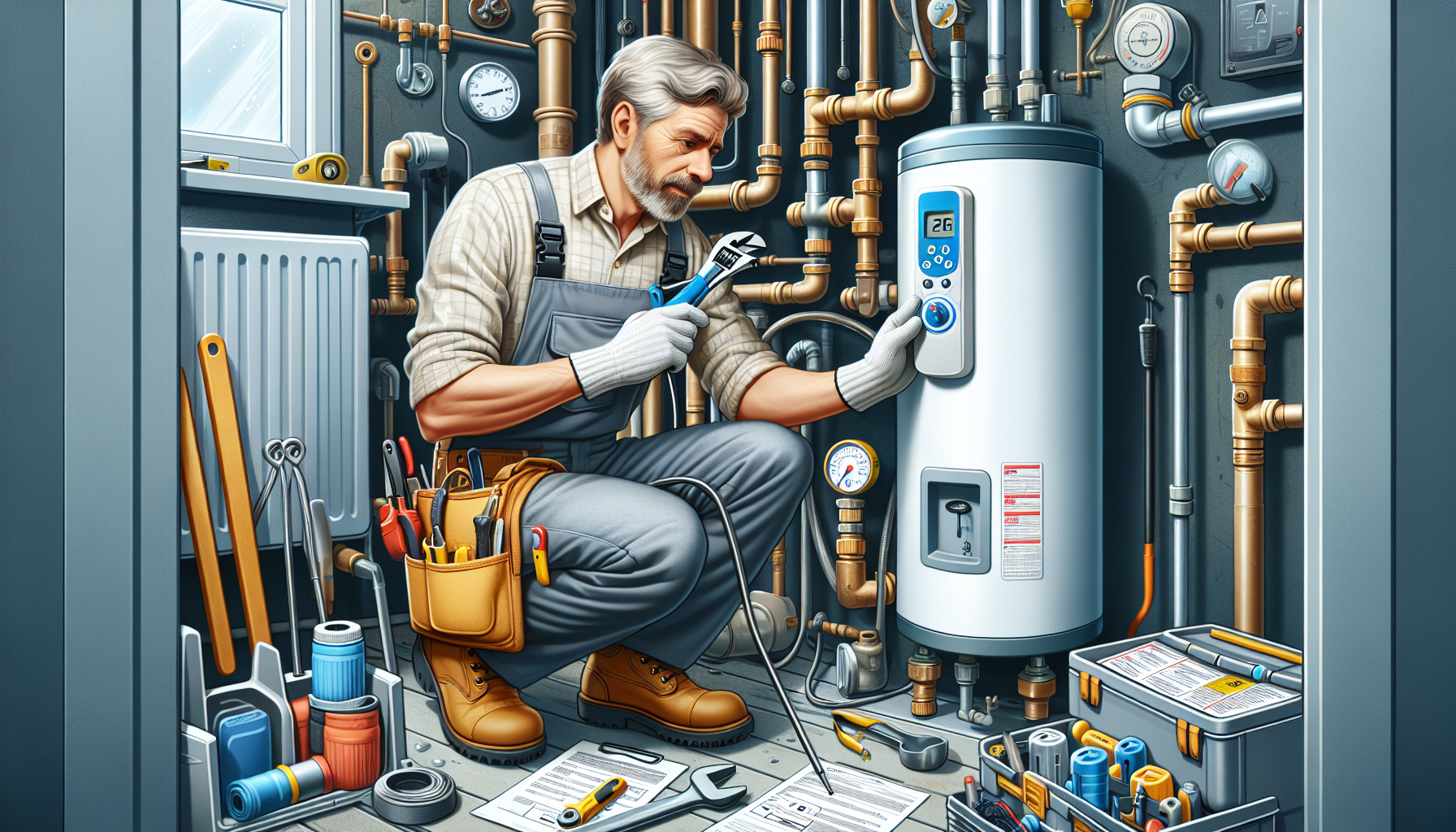
Plumbing leaks can be a minor annoyance or lead to significant damage if left unattended. As part of essential plumbing maintenance, it is crucial to regularly inspect your home for any signs of leakage. Start by checking under sinks, around toilets, and near appliances like washing machines and dishwashers that use water. Look for dampness, water stains, or mold, which can indicate a slow leak. Also, keep an eye on your water bill; an unexplained increase can be a sign of a hidden leak. Perform a simple test by reading your water meter, avoiding water use for a couple of hours, and checking the meter again. If it has changed, a leak might be present.
Maintaining Optimal Water Pressure: Why It MattersWater pressure that is either too high or too low can signal issues with your plumbing system. High pressure puts extra stress on pipes and fixtures, potentially leading to leaks or bursts. On the other hand, low pressure can be an inconvenience and might indicate a leak or blockage. A pressure gauge can help you check your home’s water pressure. Standard residential water systems should maintain a pressure between 40 and 60 psi. If readings fall outside this range, it may be time to adjust your pressure regulator or consult a plumber to identify and resolve the issue.
Water Heater Health: Ensuring a Steady Supply of Hot WaterThe water heater is an unsung hero in your home, tirelessly working to provide you with hot water. To keep it in good health, you should flush the tank at least once a year to remove sediment that can cause corrosion and reduce heating efficiency. Additionally, inspect your heater for signs of rust or water pooling around the base, which can be telltale signs of a problem. It’s also wise to check the anode rod every few years and replace it if it’s worn out to prevent rusting within the tank. Regularly checking the thermostat can ensure your heater operates at the optimal temperature, typically between 120-140 degrees Fahrenheit. Remember that periodic professional inspections can help identify issues that may otherwise go unnoticed.
Conclusion: The Importance of Regular Plumbing MaintenanceMaintaining your home’s plumbing may not be the most exciting task, but it is essential for the longevity of your pipes, your comfort, and your wallet. Regularly checking for leaks, ensuring optimal water pressure, and maintaining your water heater’s health are vital to prevent issues from escalating into major problems. Incorporate these checks into your routine home maintenance schedule to keep everything flowing smoothly. When in doubt, don’t hesitate to call a professional plumber to address any concerns or perform more complex maintenance tasks. Your efforts today can prevent costly repairs tomorrow.



